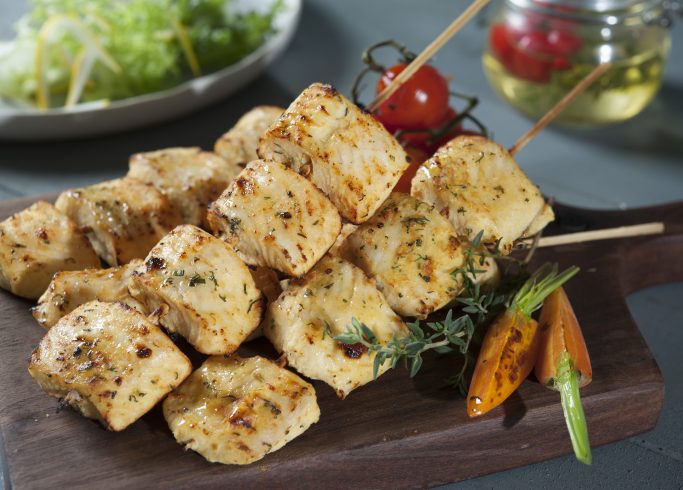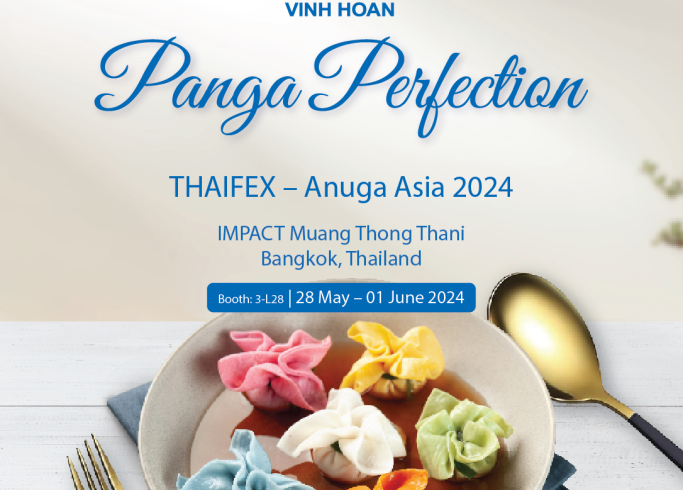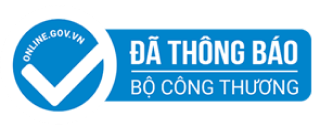[Industry news] Vietnam’s pangasius industry decries ‘fake news’ around food safety scare
11 February 2017
[Reposted from Undercurrentnews, find the original article here, we are not in anyway responsible for the content of this post]
Various players in the Vietnamese pangasius sector have expressed their anger and confusion at the return of apparent food safety scares among consumers which were thought to have been laid to rest.
In 2011 German television showed a documentary on pangasius, which portrayed the species as a cheap, low quality fish, raised in dirty water. Sales fell by as much as 25% in the country, said Klaas Jan Mazereeuw of Seafood Connection back in 2013.
In 2012 European imports of pangasius fell 20%, and Mazereeuw pointed to ideas of antibiotics, water quality, unsustainable feed and escapees from farms as possible influencers.
He was speaking at the Billingsgate sustainable seafood award, celebrating the work the sector and the Aquaculture Stewardship Council (ASC) had put into improving every aspect of pangasius farming.
Now, with documentaries once more airing in Spain, and Carrefour removing the species from its shelves in a number of countries, the concern is that negative perceptions remain, despite the rise of certifications and professionalization in Vietnam.
“It’s hard for us to find any evidence for the allegations made [by Carrefour],” Contessa Kellogg-Winters of the ASC told Undercurrent News. “We hope any decisions of this nature would be based on facts, but we’re not sure why this decision has been made.”
Carrefour Belgium confirmed to Undercurrent that the decision there – announced on Jan. 23, the first of the retailer’s divisions to announce it – was “motivated by the impact of pangasius on the environment in general, and its environment in Asia particularly”.
At the moment the retailers’ decisions mean only a small impact on volumes of pangasius traded, she said. Prices to the EU market have turned upwards reasonably strongly after the Chinese New Year and Vietnamese Tet holidays.
Tam Nguyen, general director of Vinh Hoan Corporation, told Undercurrent she felt this was a media issue, rather than anything to do with the pangasius sector.
“We really don’t see that there are national issues with pangasius, rather that the media seems to be re-broadcasting a message that Carrefour Belgium’s PR department somehow approved about claims of environmental detriment from Vietnamese aquaculture operations,” she said.
“While it is disconcerting to read so much negative press about our industry, we can’t over-worry ourselves about media reports that don’t cite any credible evidence to back up the generalized claims they are making, whether they be related to the environment, food safety, social welfare, and so on.”
The vast majority of consumers have no idea how much effort is required to adhere to the internal sourcing standards of any European retailer, she noted. Supplying them means not only meeting their needs regarding consumer opinion, but also their requirements from regulatory agencies.
As they can face legal actions if the products they put on shelves fall out of line with local regulations, the most professionalized firms go to great lengths to ensure traces of heavy metals, antibiotics, and so on never surpass strict levels.
Several other sources, speaking under condition of anonymity, went further, and likened the documentary aired by Spanish channel Cuatro to the allegations being made globally of “fake news”.
It should be noted that no official link has been drawn between Carrefour’s decision and the documentary, though the former followed the latter by 13 days. Petitions by Spanish parents to have the fish removed from schools would seem an even more likely consequence of the television show.
“The documentary looks like it only showed the bottom-of-the-barrel, mom and pop feed mills,” said one executive with a pangasius producer. “None of the major production companies’ food safety systems were shown at all.”
He guessed that the farms shown were far upriver, near the border with Cambodia, and not in the Mekong Delta, where the vast majority of fish destined for the EU is produced.
“The segments I saw did not show any professional packers, farms or feed mills.”
“90%, if not more, of Europe’s imports come from the top ten producers and exporters. This fish is highly controlled, by both Vietnam’s government and VASEP [the Vietnam Association of Seafood Exporters and Producers].”
Another source with a large, vertically-integrated producer and exporter said that in in his view, the documentary focused on “small scale operators who are not approved to, nor do they intend to, export the goods they produce”.
“Because the filmmakers did not actually get in contact with any approved pangasius exporters, they did not have the opportunity to film any operations that utilize modern food-safety systems and production techniques.”
More can be done to ensure the Mekong Delta is used as sustainably as possible; standards are being upgraded all the time, and while “we are not perfect, I don’t think Europe has a lot to worry about in terms of the quality of fish they are getting”, said the first un-named source.
“Nor are they participating in bad labor, or pollution of the Mekong.”
He also refuted the show’s portrayal of stocking densities, which have been cut in past years from 80 fish per square meter to 55. “We are moving in a good direction, but that documentary did not show the professional farms.”
He concluded by stating simply: “If ASC certification isn’t good enough for European retail, I don’t know what is”.
VASEP itself warned Cuatro against broadcasting the documentary, in a letter dated Jan. 10, 2017, seen by Undercurrent.
It believed the show contained libelous information which would “unfairly defame” the pangasius aquaculture industry, and suggested the channel should question the accuracy and legitimacy of the information broadcast.
It listed the measures taken to professionalize the sector since the 1990s, the certifications earned by some firms, and the requirements that all exporters have to meet in order to sell.
“What Cuatro TV intends to broadcast is absolutely not our pangasius industry, which has been providing safe, sustainable and delicious fish products to more than 130 countries worldwide,” concluded VASEP secretary general Truong Dinh Hoe.

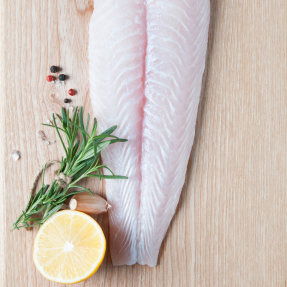


![[Industry news] Vietnam’s pangasius industry decries ‘fake news’ around food safety scare 1 Feeding pangasius on a Godaco farm](https://files.undercurrentnews.com/wp-content/uploads/2016/08/IMG_2472-e1470538939450-180x130.jpg)
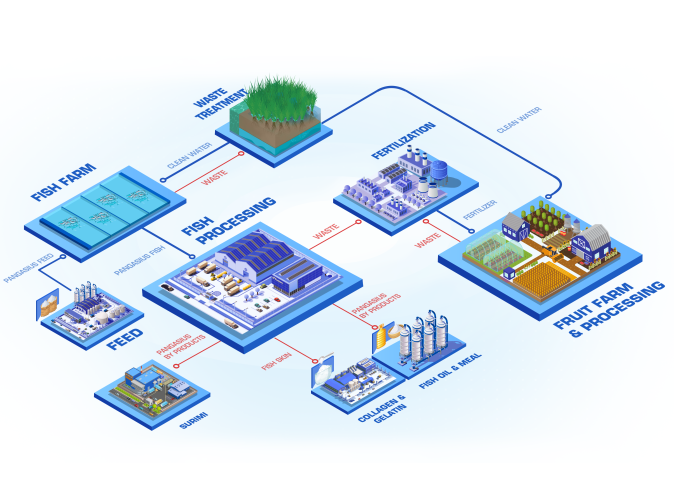
![Demystifying Pangasius: Debunking Common Myths and Misconceptions 4 41 [All in Fillets] 2901 1 HIGH](https://www.vinhhoan.com/wp-content/uploads/2024/06/41_All-in-Fillets-2901-1-HIGH-683x490.jpg)
